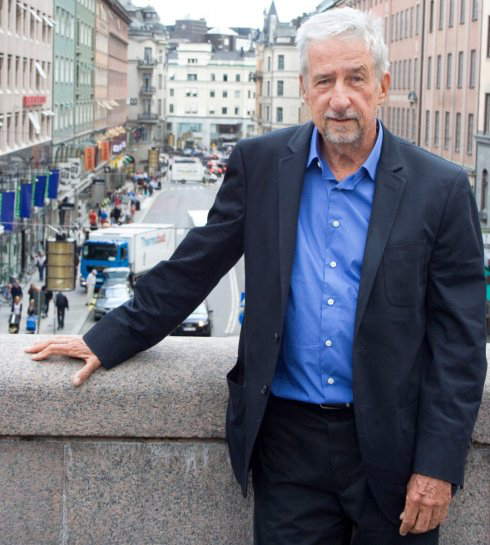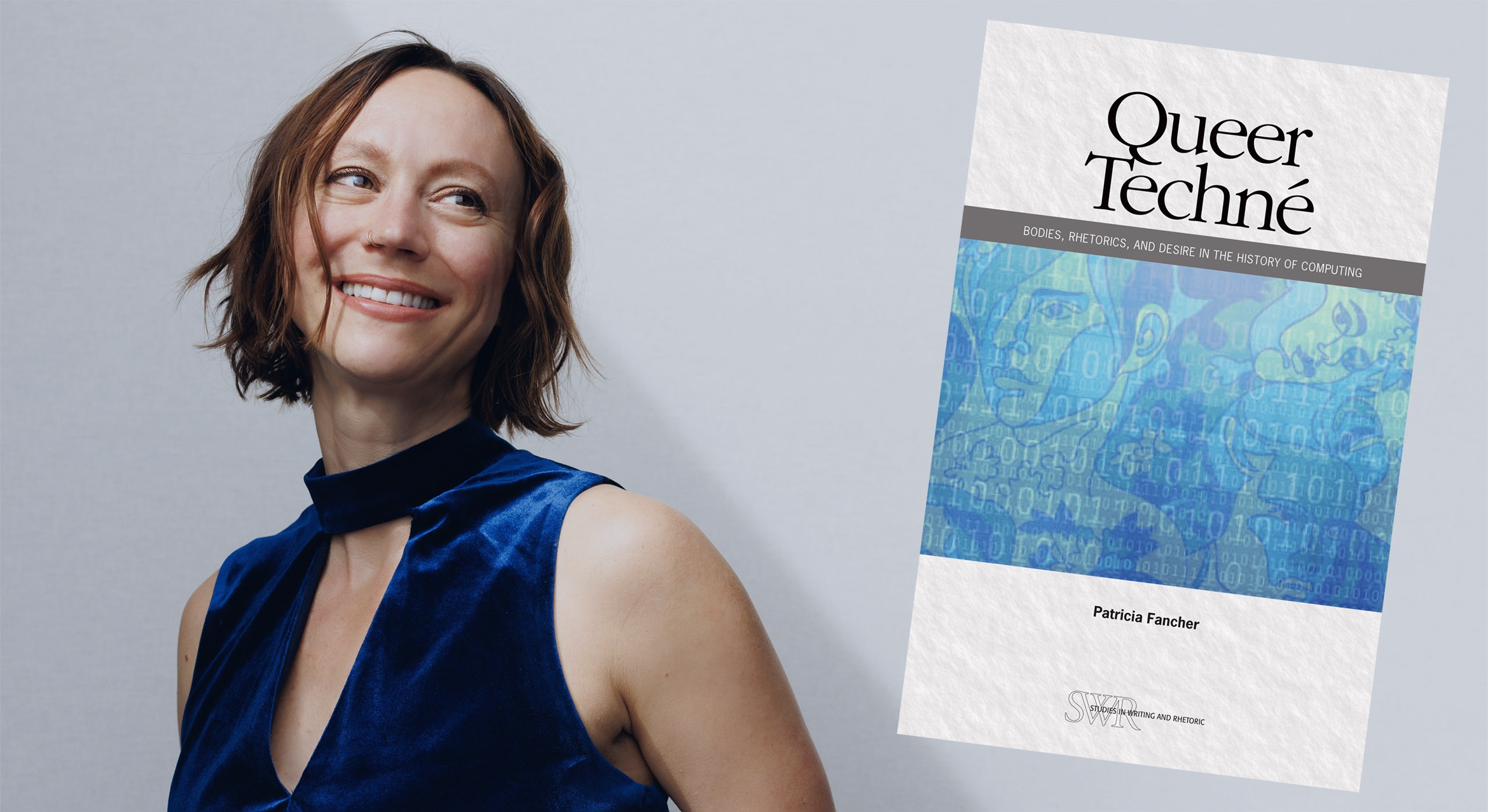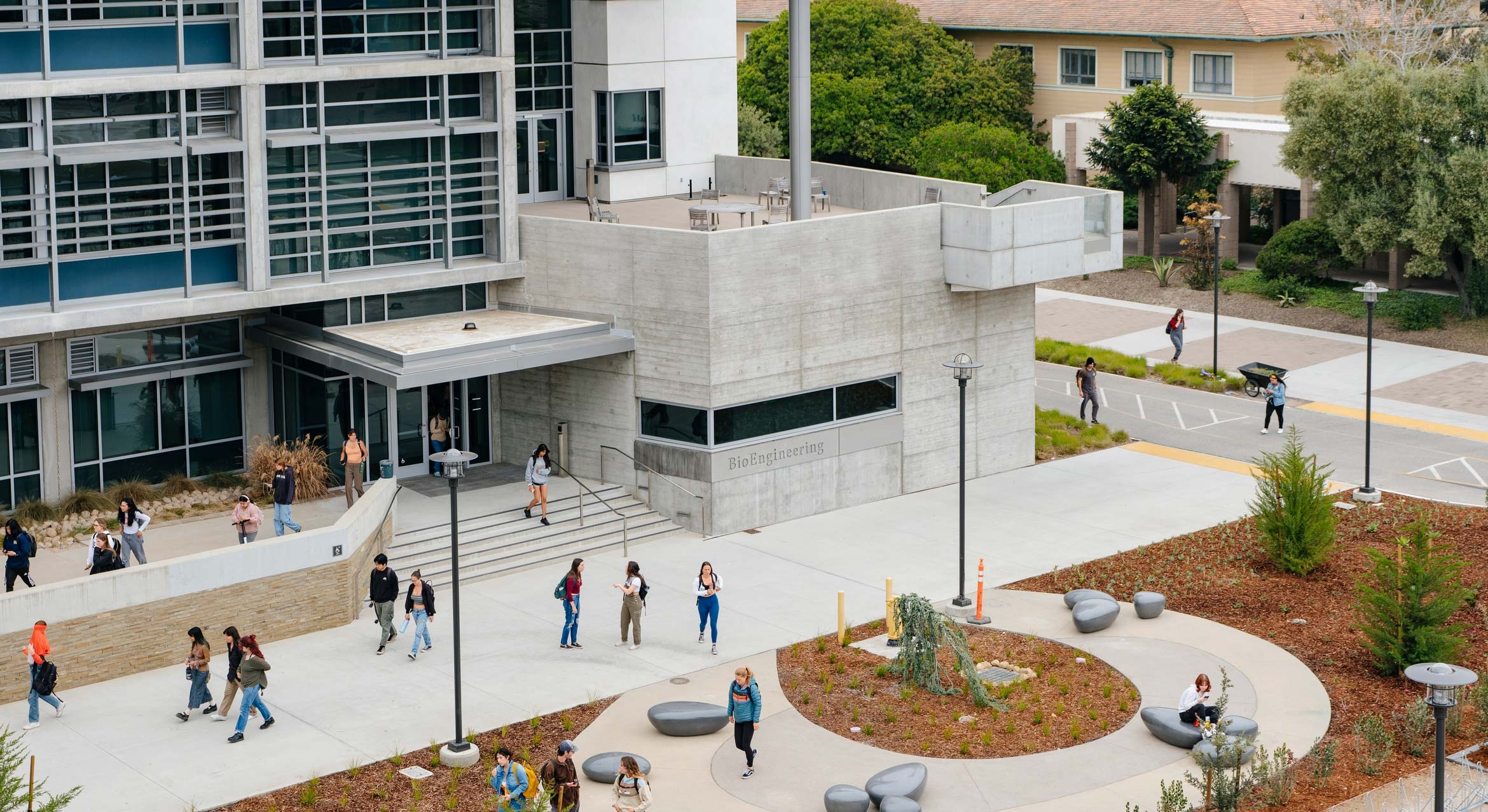
In the early 1960's, the Port Huron Statement became the founding manifesto for a generation of student radicals at home and abroad. Drafted by Tom Hayden for a conference of the Students for a Democratic Society (SDS) that took place in 1962 near Port Huron, Mich., the statement introduced the concept of "participatory democracy" to millions of Americans, and is recognized as the manifesto for the new left and the student rebellion of the 1960's.
Fifty years later, historians, social theorists, and Port Huron veterans from around the country will gather at UC Santa Barbara for a two-day conference to discuss and debate the legacy of the Port Huron Statement, including its history, impact, and relevance to current democratic discourse. The conference, "The Port Huron Statement at 50," begins at 2:30 p.m. on Thursday, February 2, in Corwin Pavilion at UCSB. It is free and open to the public.
Among the speakers will be Hayden and Michael Kazin, who will deliver the keynote addresses. Hayden, a political activist and former member of the California state legislature, is a writer for The Nation, and is currently director of the Peace and Justice Resource Center in Culver City. His talk, titled "Fifty Years of Participatory Democracy, From Port Huron to Occupy Wall Street," will begin at 3 p.m. on Thursday.
Kazin, professor of history at Georgetown University and co-editor of Dissent, a magazine of the American left, will give a talk titled "Two Cheers for Utopia: Port Huron and the Fate of the Not-So-New Left" at 7 p.m. at the UCSB Faculty Club.
According to conference organizers Richard Flacks, who was present at the 1962 Port Huron conference and is now professor emeritus of sociology at UCSB, and Nelson Lichtenstein, the MacArthur Foundation Chair in History at UCSB and director of the campus's Center for the Study of Work, Labor, and Democracy, the Port Huron Statement also anticipated and helped fuel a view of the university as a key site for public debate and cultural conflict. It argued for the potential relevance of academic research to social change, and for curricular reform that would help students become empowered citizens.
The Port Huron Statement was prophetic in several ways, Lichtenstein and Flacks noted. It embodied a critique of the Cold War, not only because of the nuclear arms race and the threat of atomic war, but because of the way the Cold War affected political consciousness and debate about social and economic issues. This critique, novel at the time, became prevalent in the decade that followed.
"By revisiting the people and ideas who made the Port Huron Statement such a signal event 50 years ago, this conference helps us think about how the creative tension between liberals and radicals can once again set the stage for an era of political and social innovation," said Lichtenstein.
"The Port Huron Statement introduced the term ‘participatory democracy' into our political vocabulary," said Flacks. "Understanding the Statement's vision and its legacies and lessons may help us see possibilities and pitfalls for social renewal in the 21st century."
The conference is co-sponsored by Dissent, The Nation, as well as the Dick Flacks Democracy Fund, UCSB Associated Students, the campus's Interdisciplinary Humanities Center, and the Center for the Study of Work, Labor, and Democracy.
More information, including a complete schedule and list of participants, is available at https://www.history.ucsb.edu/events/the-port-huron-statement-at-50/.
Related Links
The Port Huron Statement at 50
The Center for the Study of Work, Labor, and Democracy



